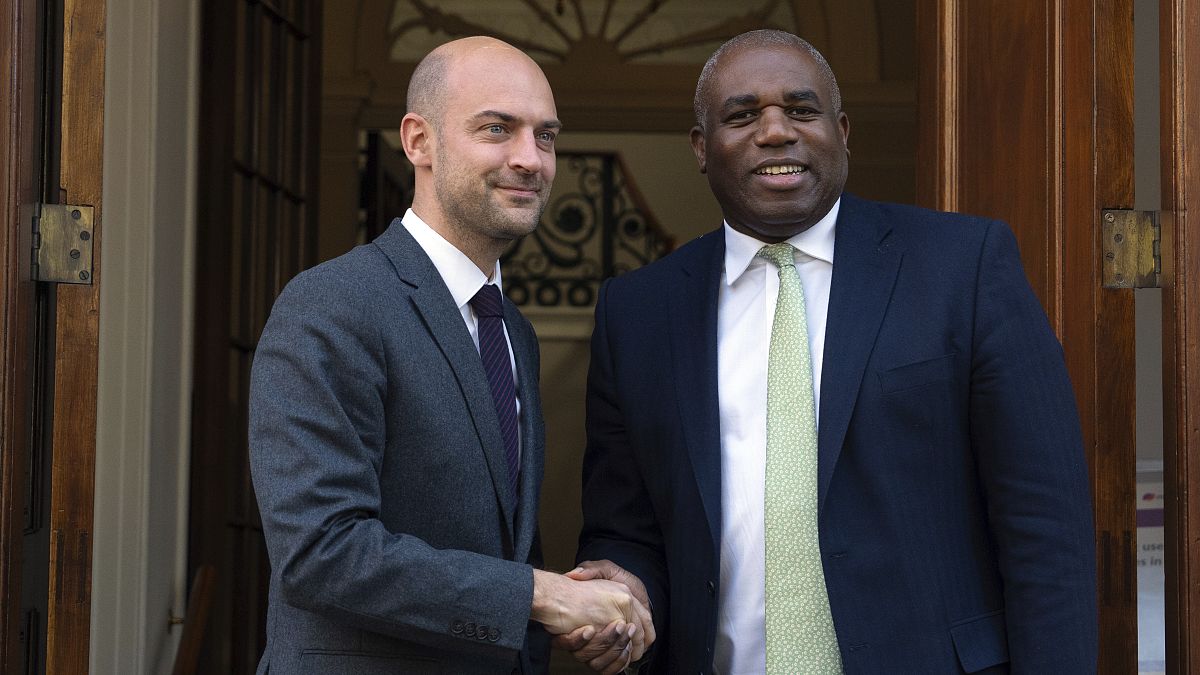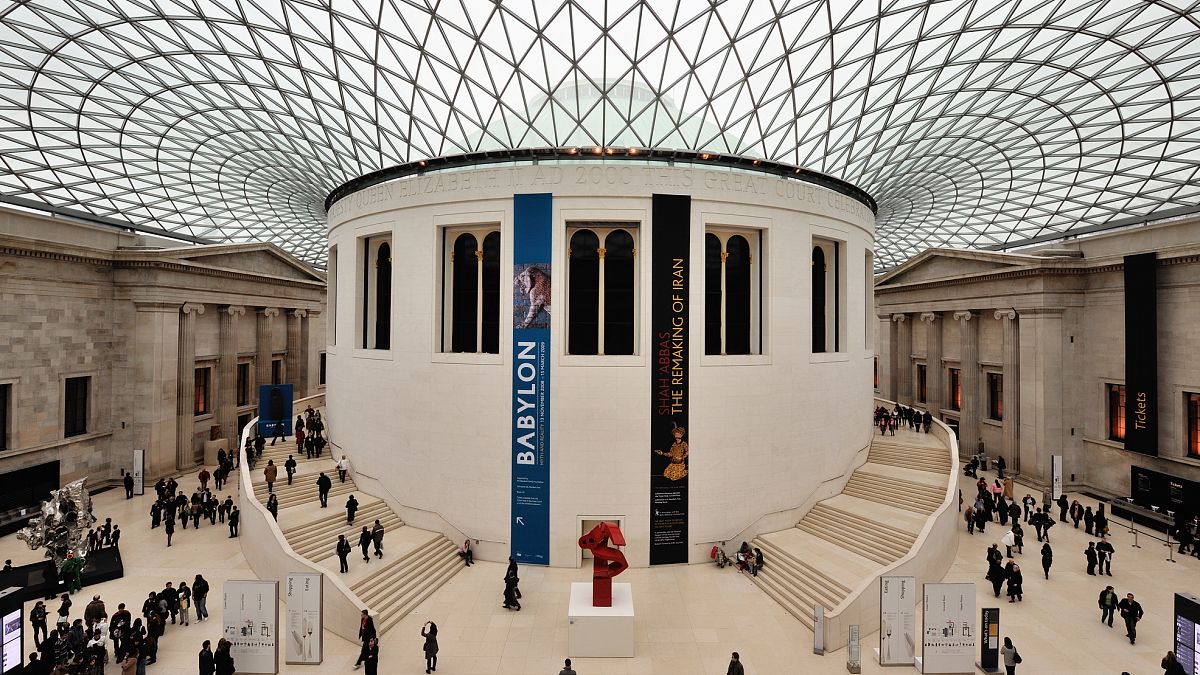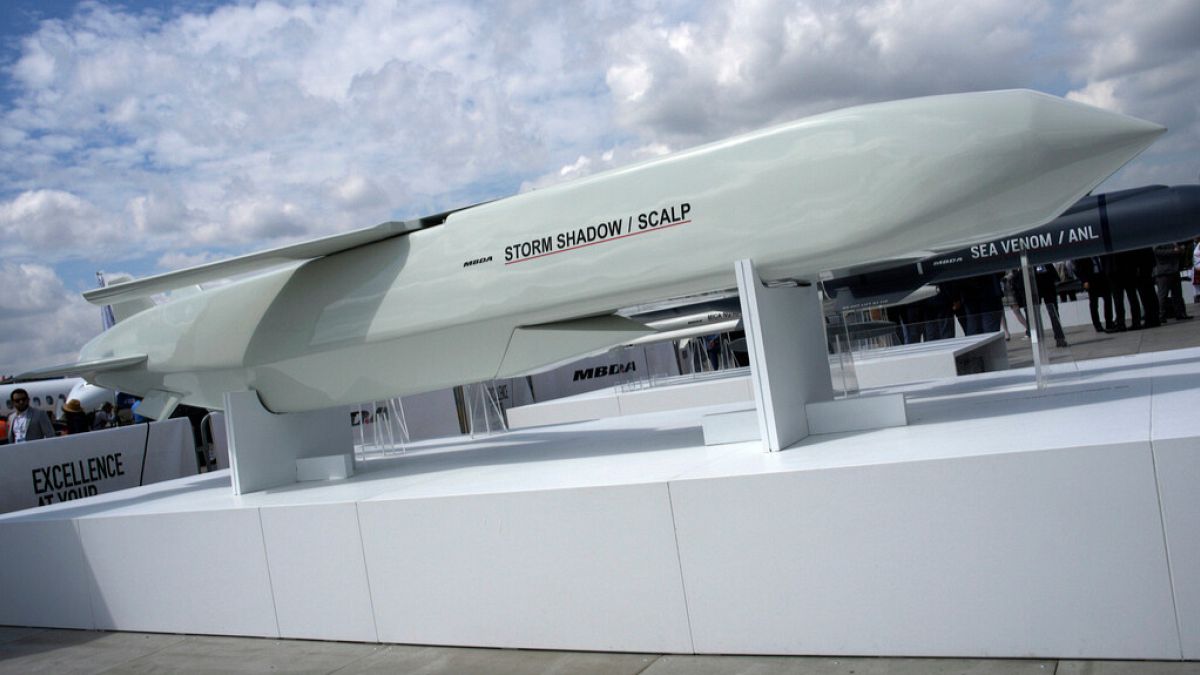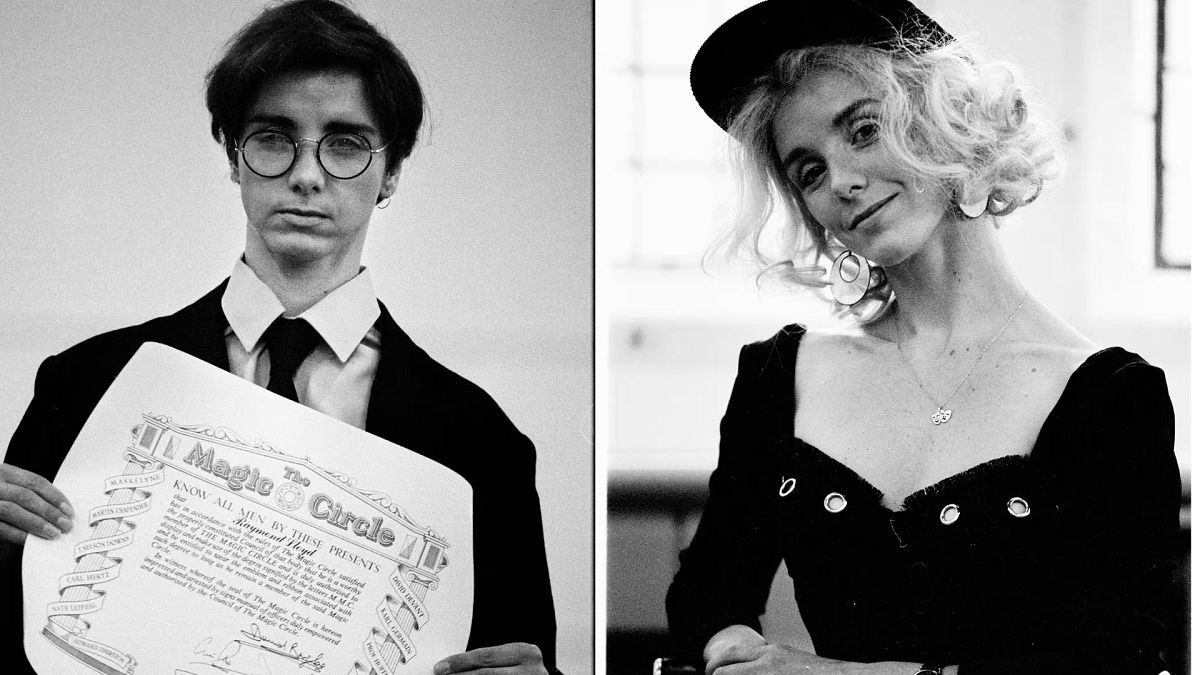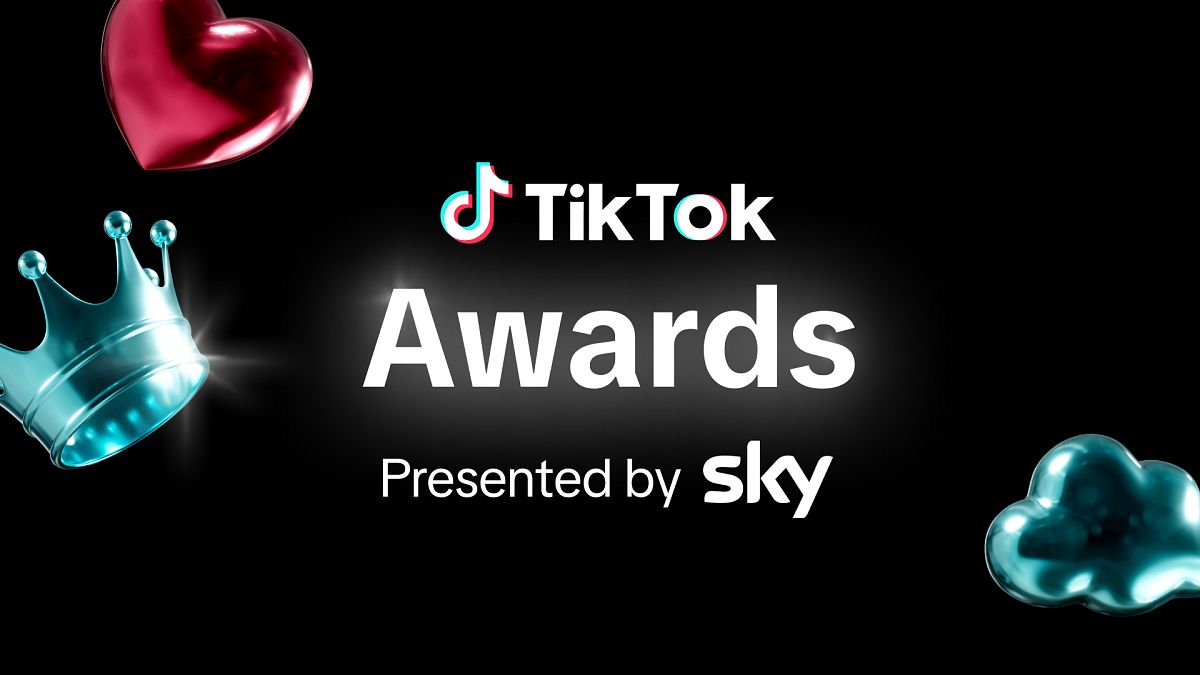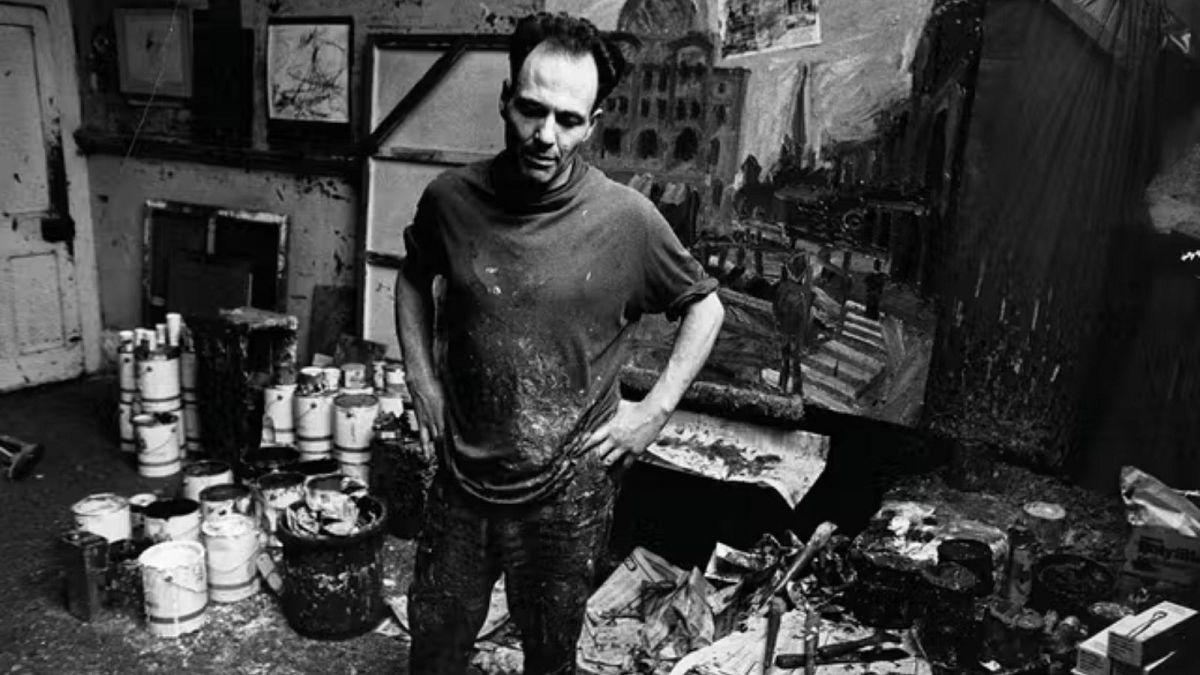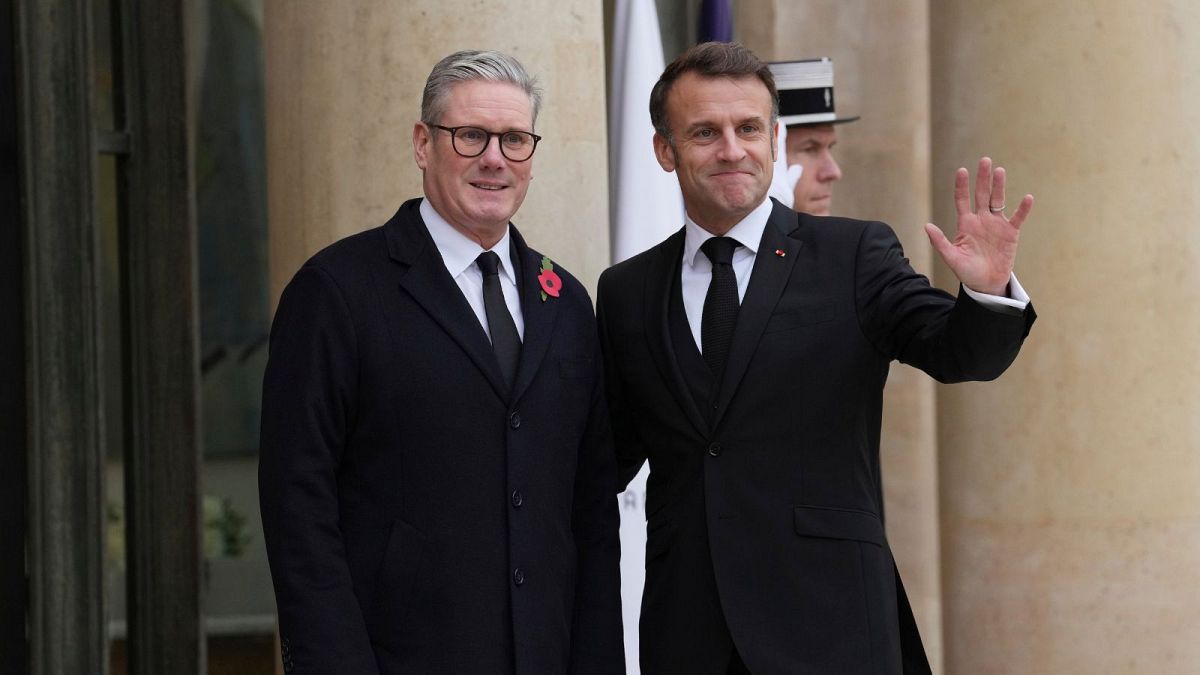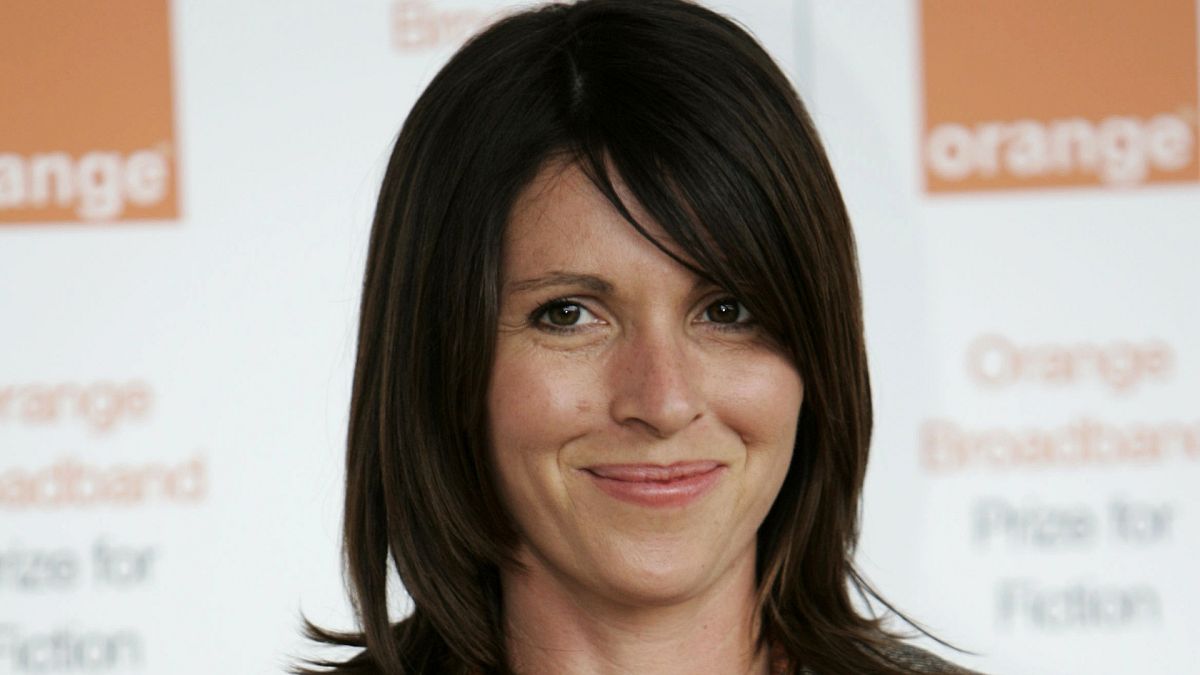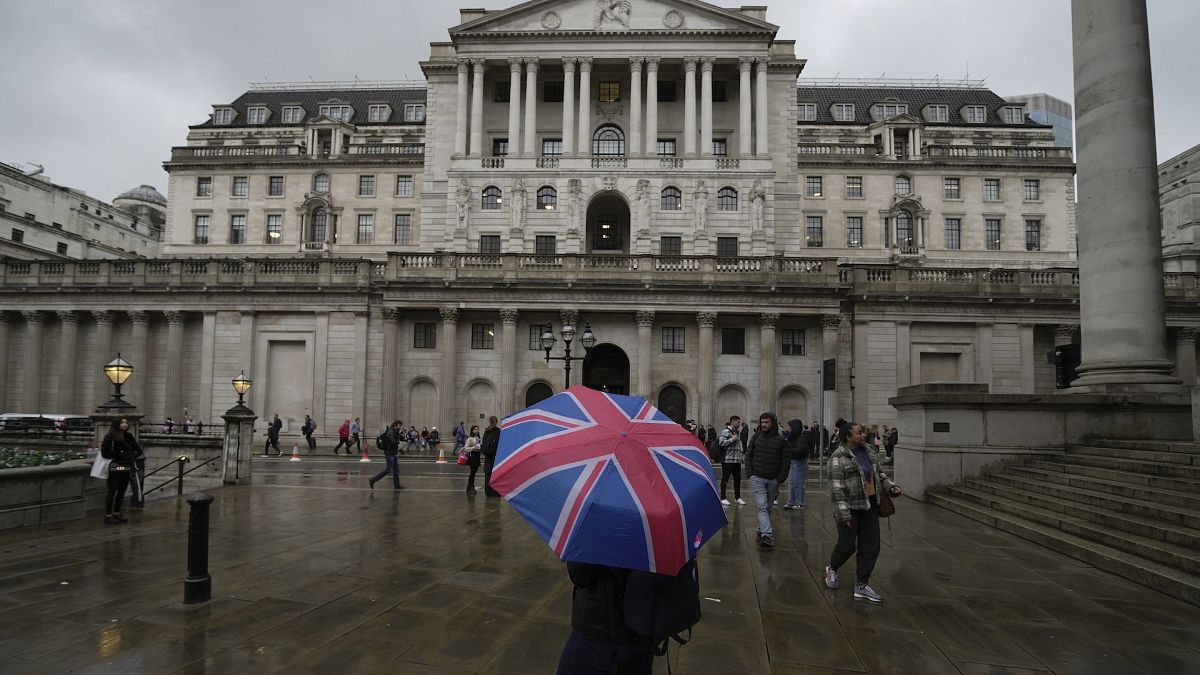Everything you need to know about the UK’s AI safety summit
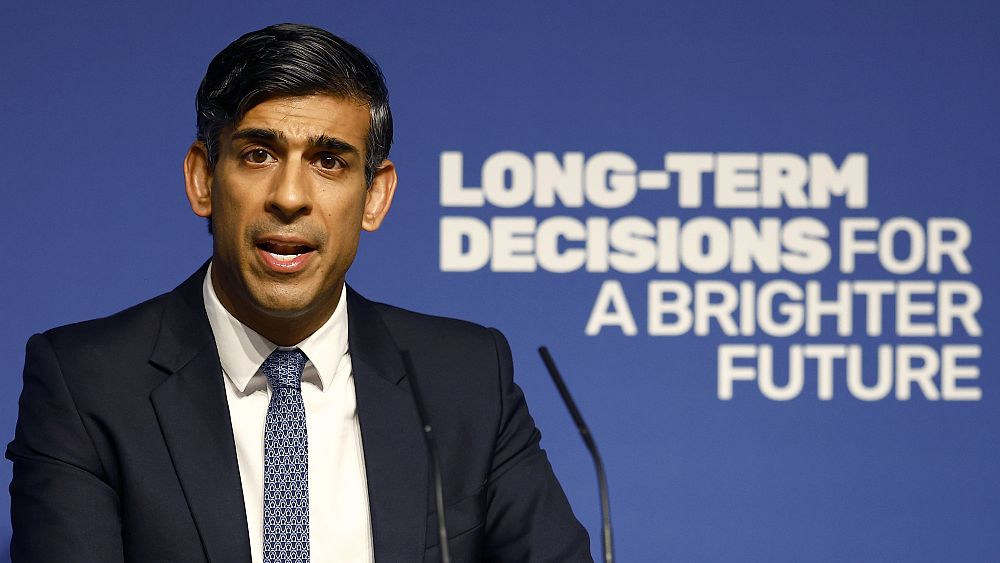
The UK prime minister hopes the artificial intelligence (AI) summit will push the country onto the world stage of AI but it may be more of a follower rather than a leader.
Tech experts, global leaders and maybe even Elon Musk are set to descend on the United Kingdom’s AI Safety Summit on Wednesday and Thursday at Bletchley Park, once home to Second World War codebreakers.
The conference will discuss the risks and opportunities posed by artificial intelligence (AI). But it will also serve as a platform for British Prime Minister Rishi Sunak’s ambitions to match the AI prowess of the United States and China.
Here’s your guide on what to expect.
What will be discussed at the AI summit?
Last week, Sunak warned of the dangers of AI such as making it easier for rogue actors to make biological or chemical weapons and the risks of disinformation. But he also spoke about the opportunities.
“I believe nothing of our foreseeable future will be more transformative for our economy, our society, and all our lives than this technology. But in this moment, it is also one of the greatest tests of leadership we face,” he said on October 26.
The summit will focus on two categories of risk: Loss of control risks, the type where AI could turn against humans, and Misuse risks, where AI could help a bad actor to carry out cyberattacks or develop dangerous technologies.
The summit hopes to establish a way for the UK government to deal with criminals using AI.
There are also five key objectives of the summit which include building a “shared understanding of the risks” of frontier AI, a process for international collaboration on AI safety, proposing measures for individual organisations on safety, identifying AI areas of collaboration and showcasing how ensuring the safe development of AI will enable AI to be used for good globally.
The focus is particularly on frontier AI, the advanced foundation models that power systems such as OpenAI’s GPT-3 and GPT-4.
“Whilst these models have enormous potential, including efficiency and innovation benefits, they have potentially dangerous capabilities which should not be underestimated. Such models can pose risks to public safety and global security,” Katie Simmonds, Managing Associate and AI regulation expert from transatlantic law firm Womble Bond Dickinson, told Euronews Next.
“By advancing towards human ability, they can be used to exploit vulnerabilities in software systems and spread persuasive disinformation at mass scale,” she added.
The first day will focus on the risks of national security and existential-level threats of systems outside human control. There will also be discussions on election disruption, social trust and exacerbating global inequalities. There will also be discussions on the positive use of AI in education.
The second day will see Sunak and a small group of foreign governments, experts and companies discussing concrete measures for AI safety.
Who is and isn’t attending?
About 100 guests will be attending but the UK government has not released an official list of names.
Elon Musk could be attending the summit ahead of a live interview with Sunak after Thursday’s event, which the prime minister confirmed would happen on X (formerly Twitter) on Monday. It is unclear if this would be a virtual or an in-person talk.
As for Europe’s leaders, European Commission President Ursula von der Leyen and Italian Prime Minister Giorgia Meloni confirmed they would attend. But French President Emmanuel Macron will not be present and German Chancellor Olaf Scholz also reportedly snubbed the event.
However, Downing Street said on Monday it did not see the non-attendance as “snubs”.
US President Joe Biden will also not be present, but Vice President Kamala Harris will be. She will deliver a speech setting out the Biden administration’s approach to AI, which comes after an ambitious AI executive order was signed on Monday which would mean developers must share safety results with the US government.
China was also invited to the summit, as the UK tries to improve its relationship following former prime minister Boris Johnson’s tenure. China will send Wu Zhaohui, a vice minister of science and technology, to the summit, according to Reuters citing two sources.
As for the tech industry, executives from companies such as Google DeepMind and OpenAI will be attending. Meta’s president of global affairs, the former UK deputy prime minister Nick Clegg, will also be attending the summit.
The three “godfathers” of AI Geoffrey Hinton, Yoshua Bengio and Yann LeCun are also expected to attend.
What are the possible outcomes?
Sunak has said he will call for an AI equivalent of the Intergovernmental Panel on Climate Change (IPCC) to produce annual reports. While there will not be an agreement a formal regulatory body on AI, nor any treaty, there could perhaps be a consensus on the risks posed by AI.
As legislation is complex and has not yet been imposed in the UK, it could also mean that the UK’s ambitions to be on AI’s world stage will fall flat.
“Time is of the essence, if the UK doesn’t start moving on thoroughly debating and scrutinising legislation it runs the risks of rushing to catch up and creating a set of rules that either stifle innovation or fail to protect the public,” said Natalie Cramp, CEO at data company Profusion in comments to Euronews Next.
She said that as the UK has not yet created a coherent approach to AI, “it will most likely end up following much of the rules set down by the EU” and that “the UK will become a follower rather than an AI leader.”
Source: Euro News


